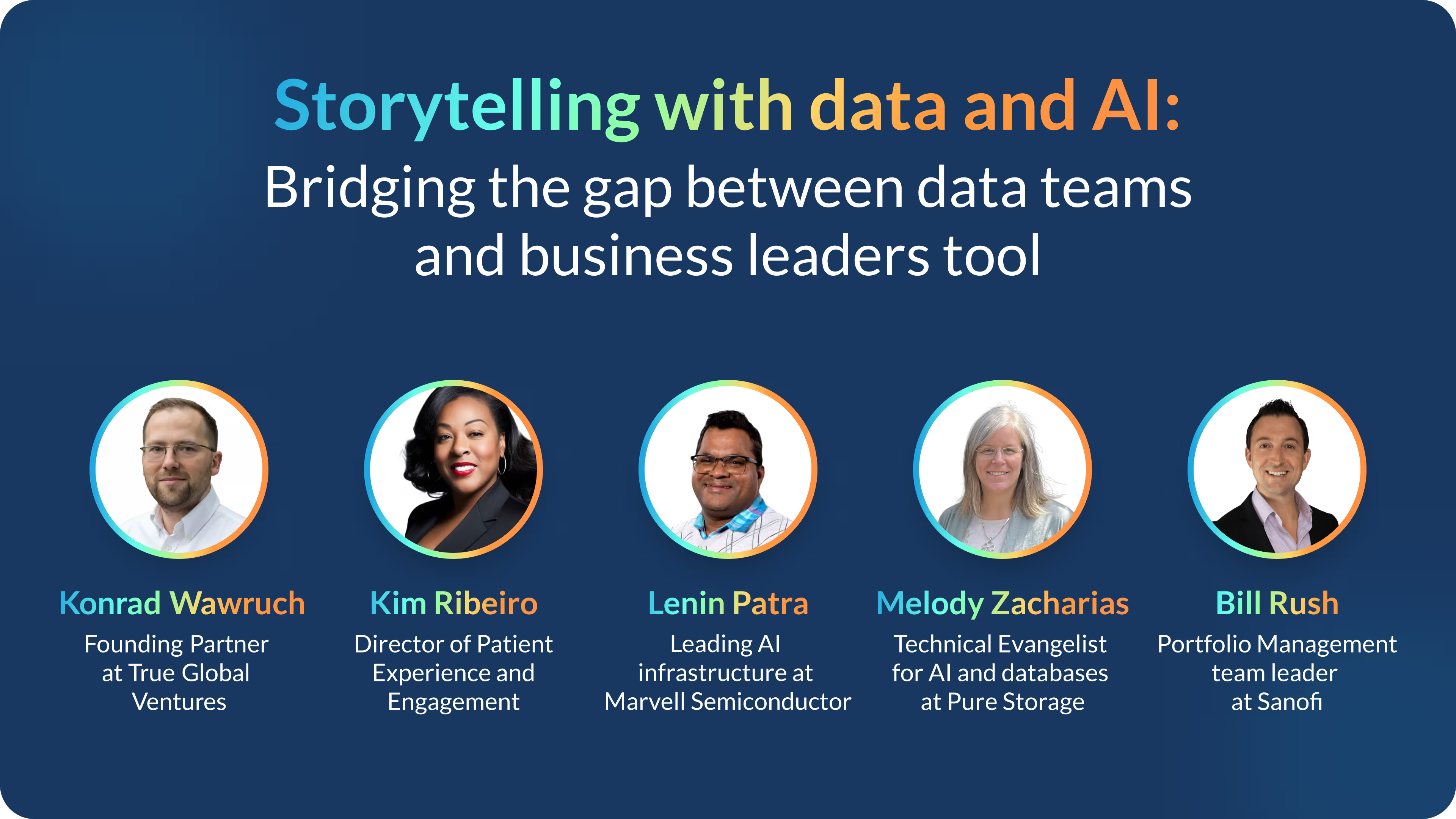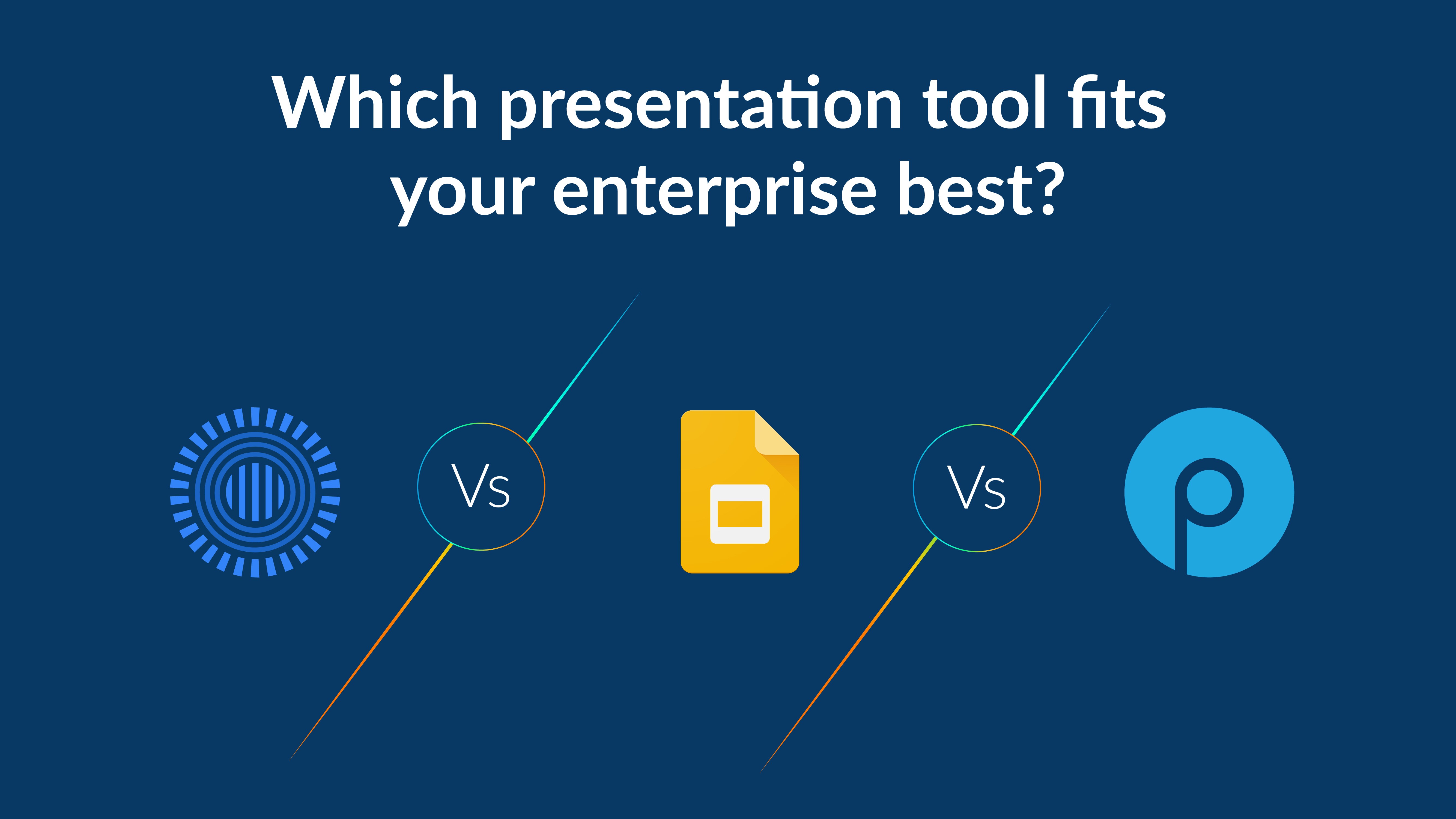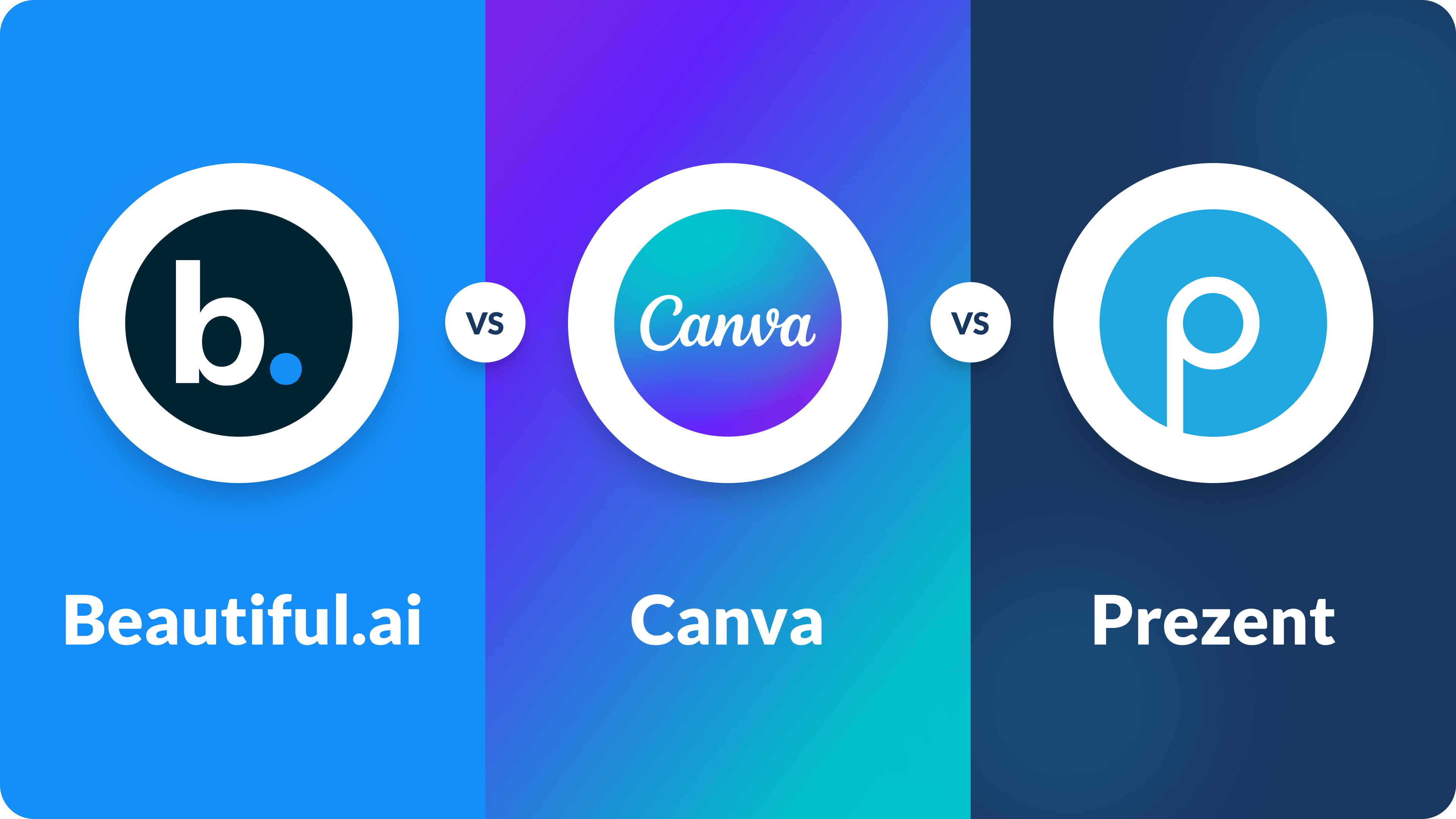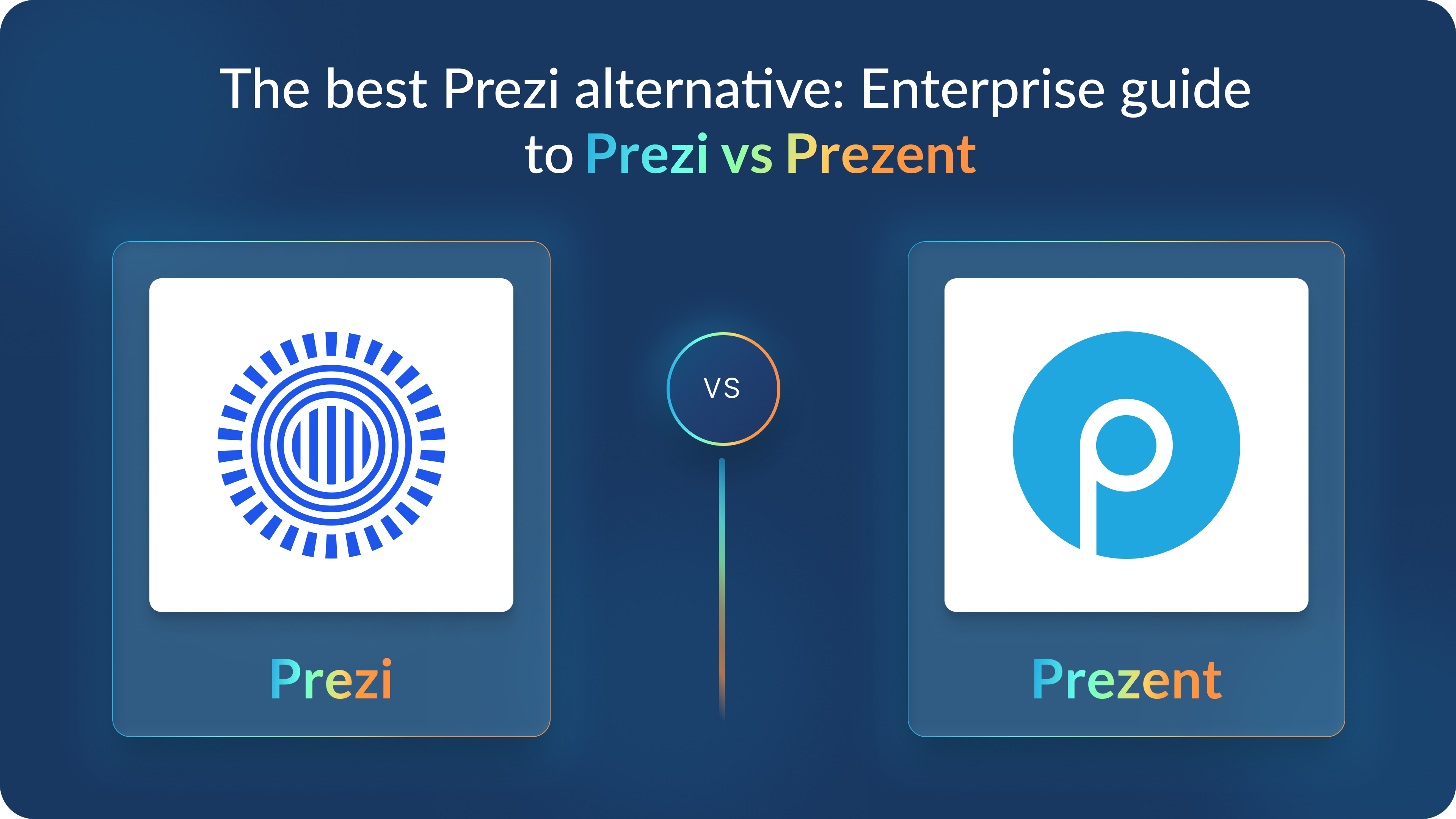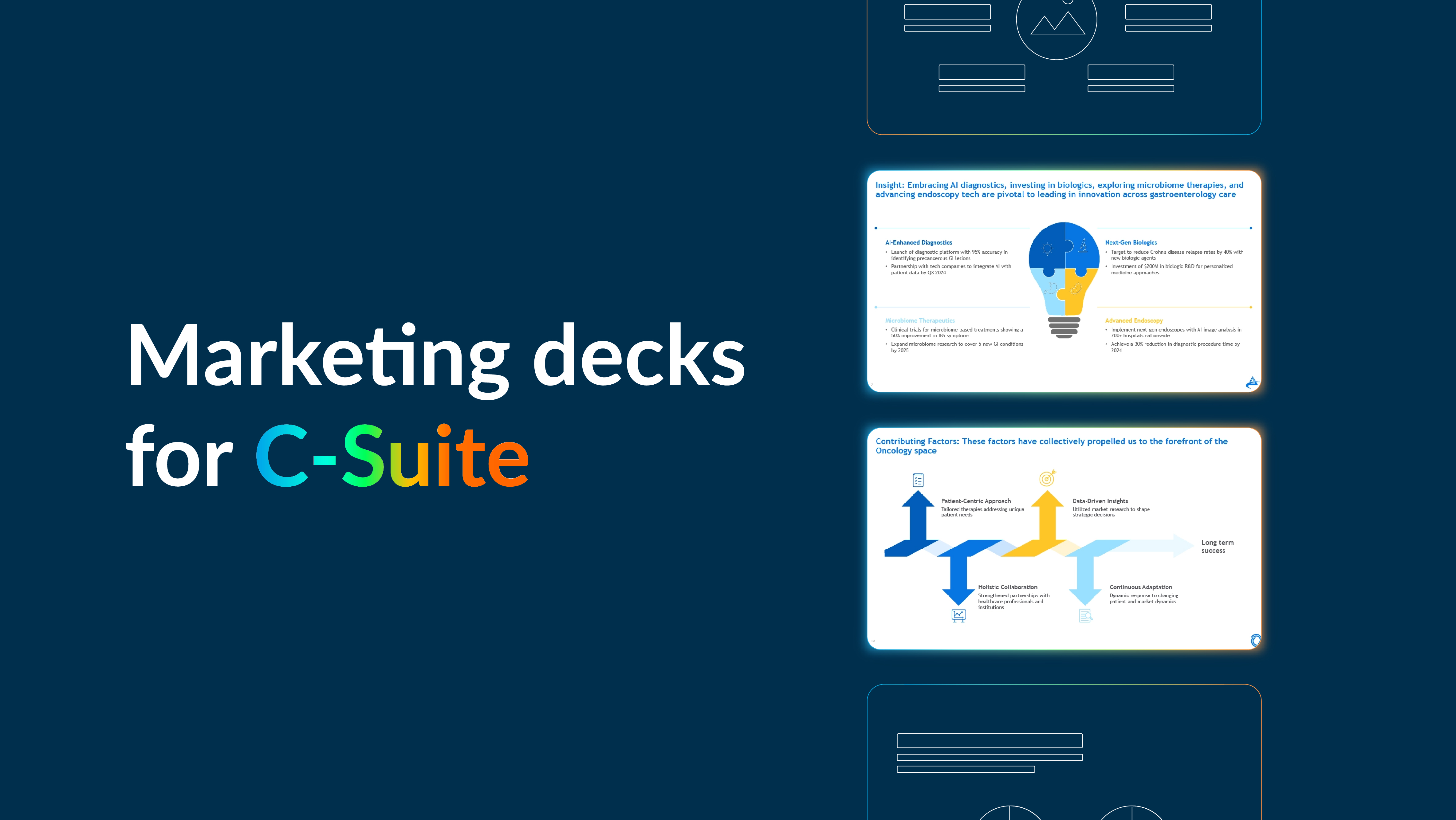What Elvis reminds us about technology disruption
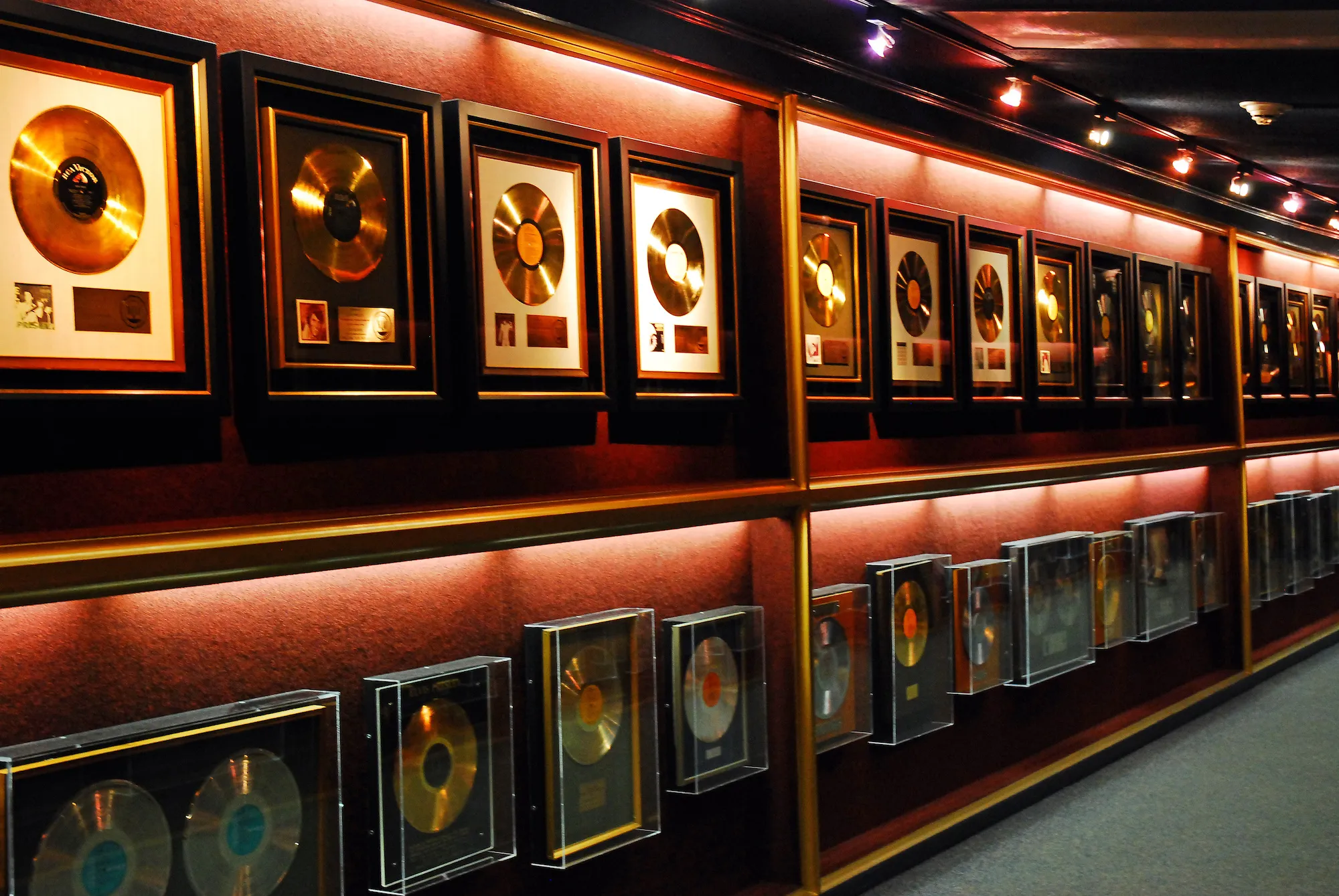
The corporate world romanticizes competition. Business school students around the world carry copies of Sun Tzu’s Art of War in their backpacks. Battle metaphors are part of the corporate lexicon. From “war rooms” to “competitive battle grounds” and “war games” to “Strike when the enemy is weak!"
Teams obsess about beating the competition and use it as a rallying cry in large sales meetings. In this setup, it is worth pausing and taking note of Peter Thiel when he says, “Competition is for losers."
Peter’s view is based on a deep understanding of competition and monopolies. In his book, Zero to One, he lays out examples (e.g. from restaurants in Palo Alto to companies like Google) to point out, “All happy companies are the same: each one earns a monopoly by solving a different problem. All failed companies are the same: they failed to escape competition.”
While Peter Thiel’s narrative is great, he is less clear about the question: How do we avoid competition?
I found the book Play Bigger has a great perspective on the question. Al Ramadan, Dave Peterson, Christopher Lochhead, and Kevin Maney do a masterful job explaining how companies can escape completion and create large profits. Their argument boils down to using a technology or market insight about a problem to not create a new company or a new product but a whole new category. And, if you play your cards right you can dominate the category you created
.My favorite example was that of energy drinks. Several years ago there were all kinds of energy drinks competing in the market. Red Bull. Monster. Rockstar. There were also organic energy drinks. So many different flavors it reminded me of Bertie Bott's Every Flavor Beans. These drinks competed with each other. And like Peter Thiel noted, the competition eroded profits.
In this setup, Manoj Bhargava had a market insight after a workout. His insight was, “Just because I am tired, doesn’t mean I am thirsty”.
Out of this insight came an idea to create a new category. Instead of 300ml drinks with caffeine, all he needed was a smaller more potent energy drink. Thus, the birth of 5-Hour Energy. But it wasn’t just the creation of a new product, it was the eruption of a new category of Energy Shots. Manoj went on to serve millions of happy customers and make several billion dollars.
Silicon Valley is in love with the word "disruption." But in this context, it feels asinine.
Being disruptive or creating disruption sounds cool but it should never be the goal. Disruption takes a counter-productive competitive view of business. Creation is the goal. Disruption is simply a byproduct. This of it this way: Elvis did not disrupt jazz. He created rock n' roll.

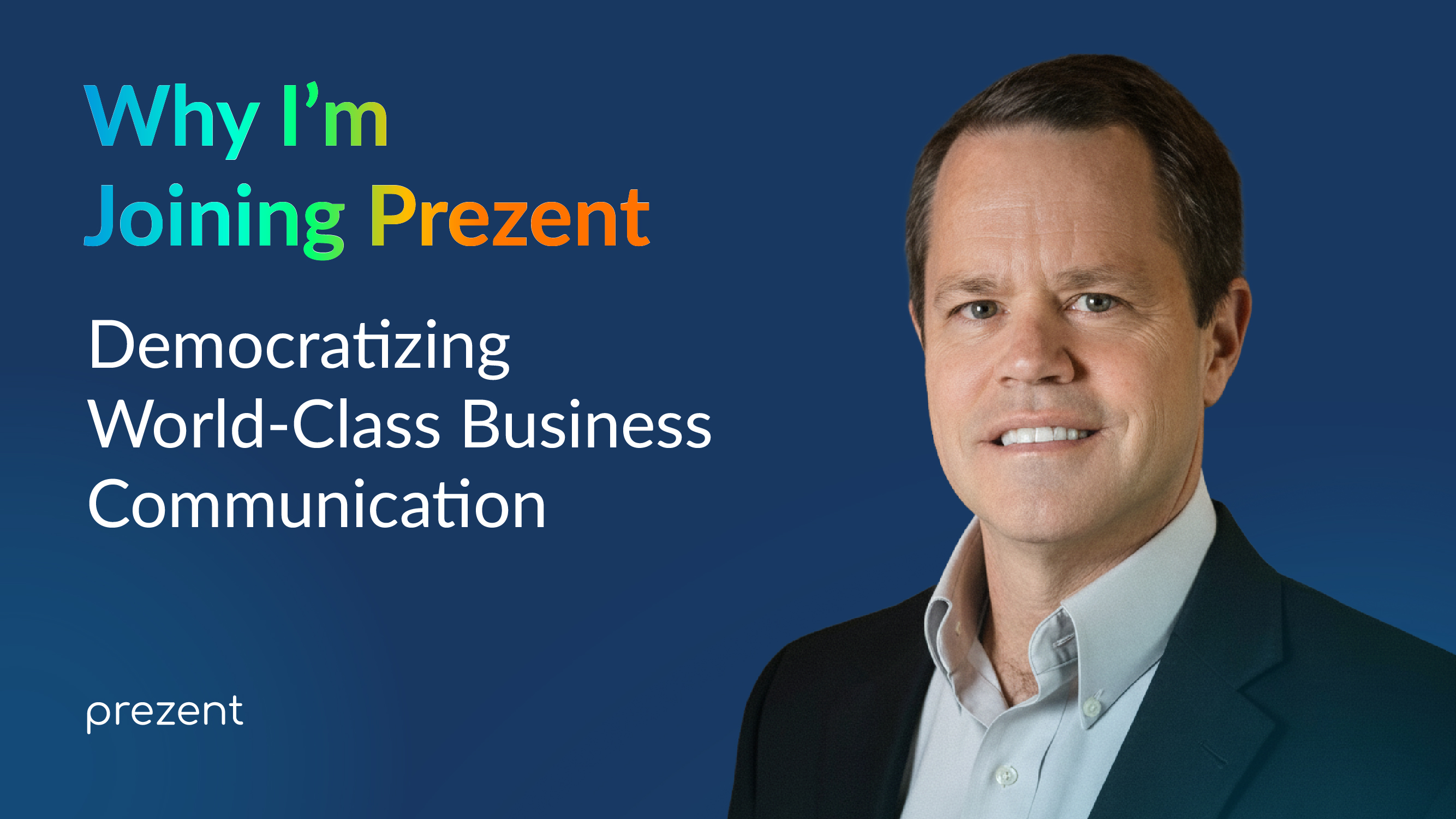

.avif)

